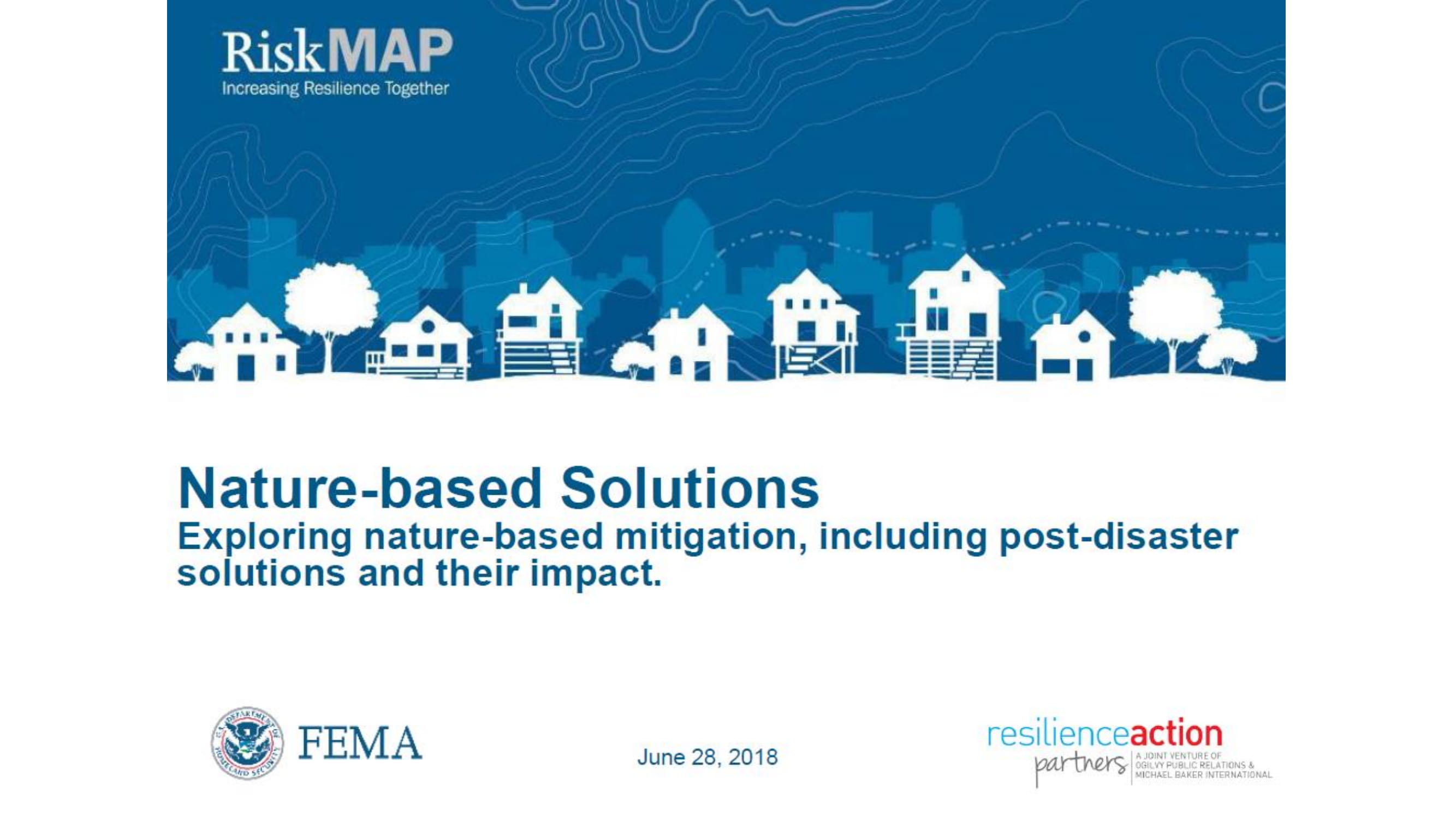
by Coastal Resilience | Jul 17, 2018 | South Carolina, Southeast Atlantic, Story
Introduction to nature-based solutions
• Case studies
• Nature-based solutions in a post-disaster environment
• Barriers to implementation
• Potential and innovative funding sources
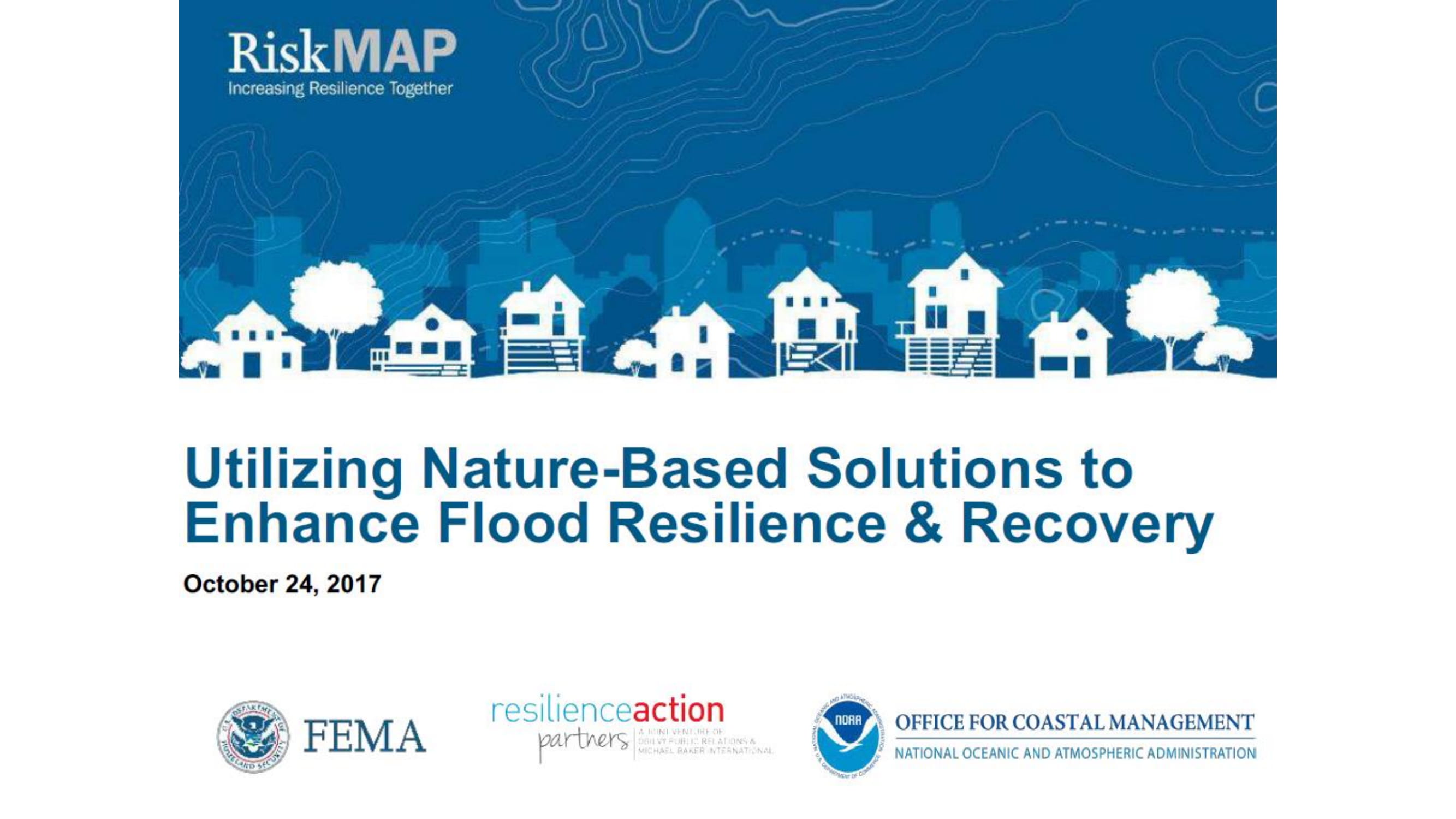
by Coastal Resilience | Jul 17, 2018 | South Carolina, Southeast Atlantic, Story
• Introduction to natural and nature-based solutions
• Approaches, case studies, and resources
• Considering natural and nature-based solutions for redevelopment and recovery
• How these approaches fit into FEMA programs
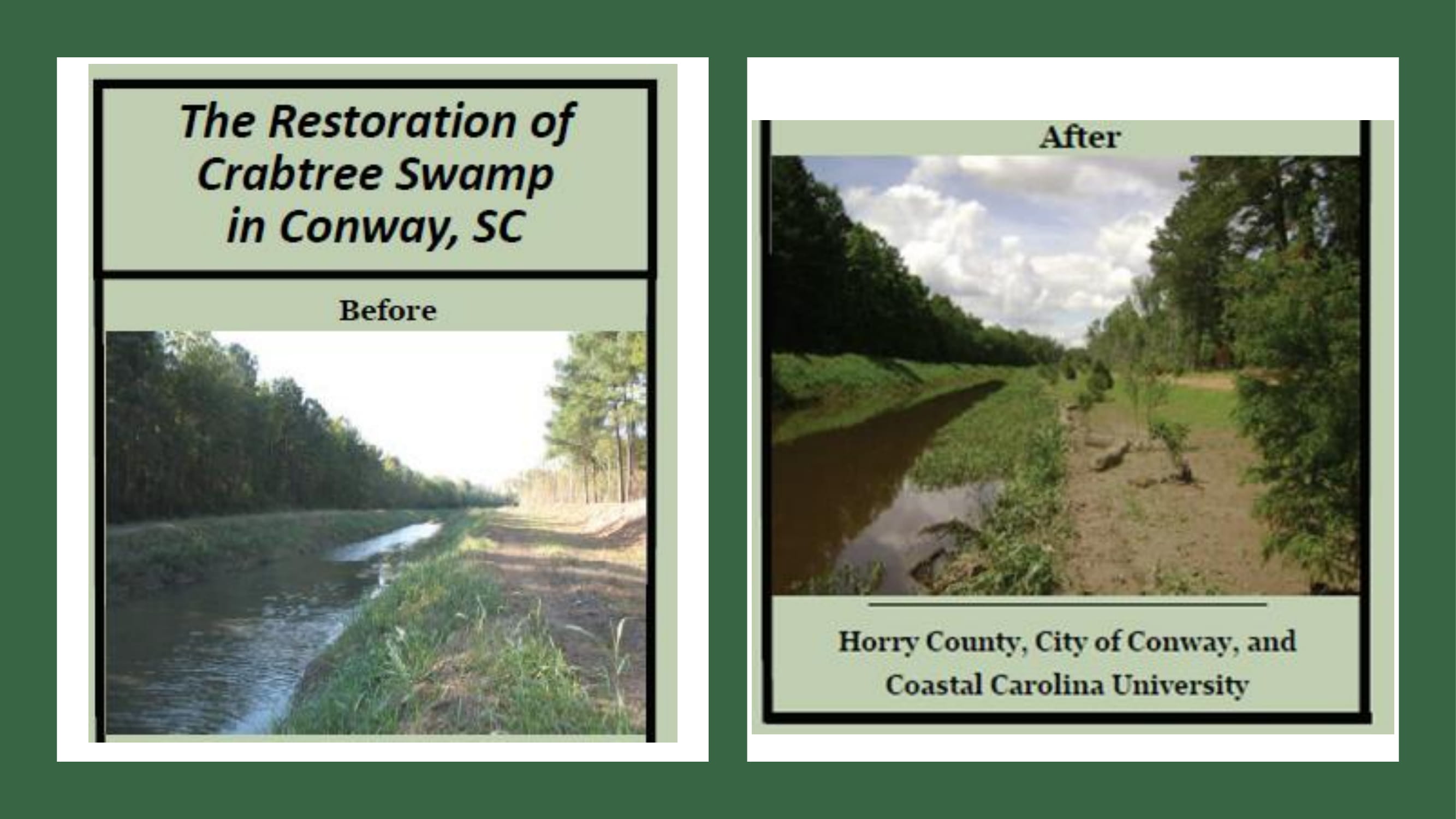
by Coastal Resilience | Jul 16, 2018 | South Carolina, Southeast Atlantic, Story
Goal: Utilize local knowledge and expertise to identify flood prone areas around the rivers in Horry
County.
Outcome: Prioritized list of focus areas and nature based projects to reduce flood potential.
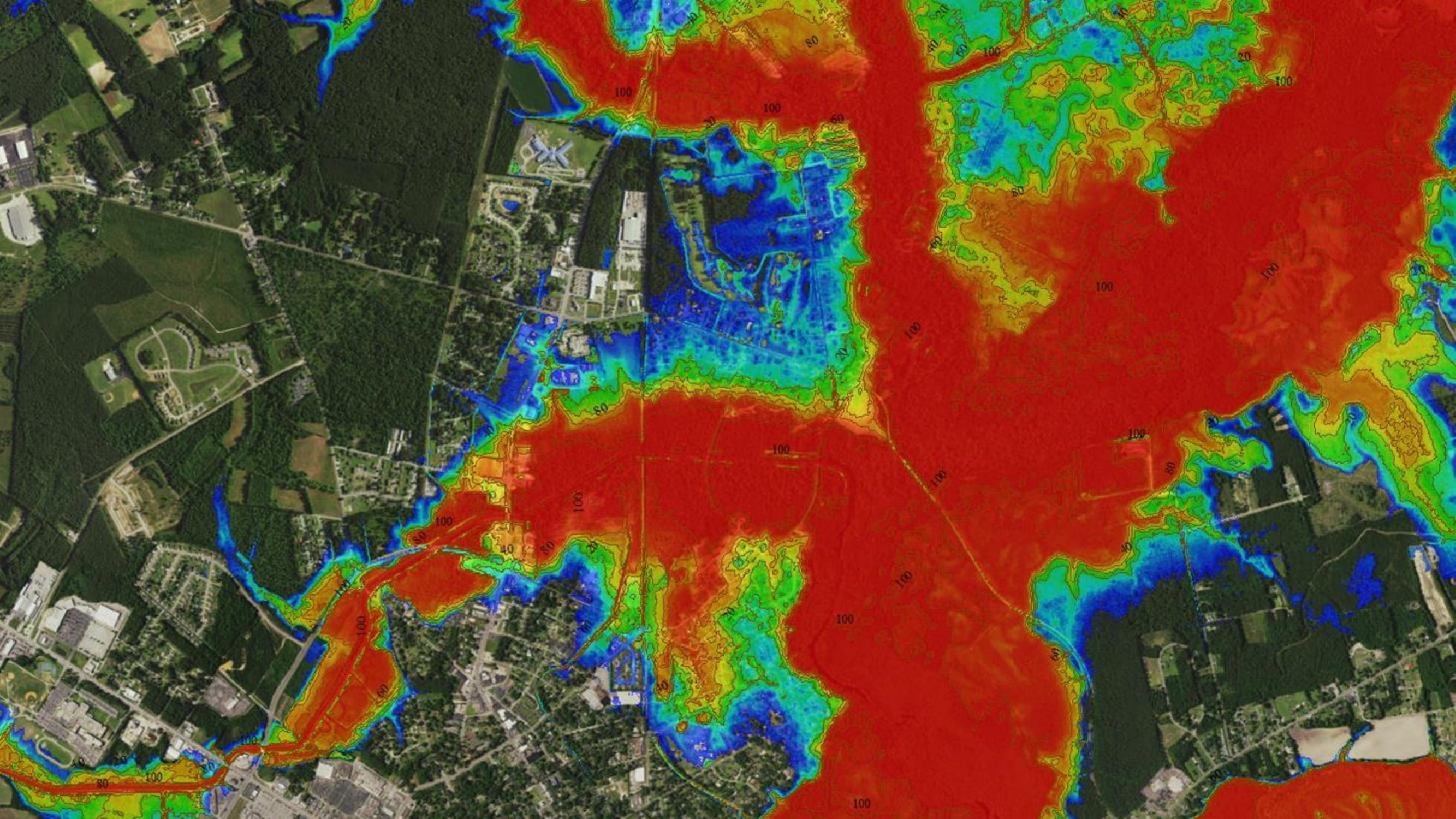
by Coastal Resilience | Jul 16, 2018 | South Carolina, Southeast Atlantic, Story
Geoscience Consultants has developed custom Hindcasted Flooding, Risk, and Land Cover maps and information for The Nature Conservancy to support an ongoing project in Horry and Georgetown Counties.
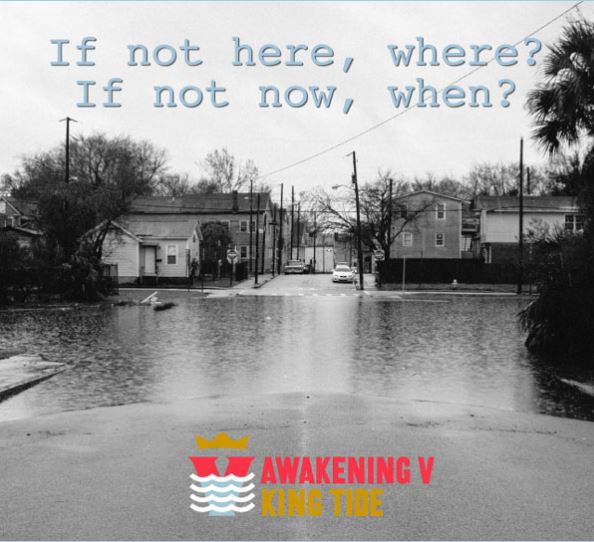
by Coastal Resilience | Jun 30, 2017 | South Carolina, Southeast Atlantic, Story
A network of residents, artists, businesses and activists, committed to equitable and just growth has assembled a team to shine a light on rising waters through public art, parades, lectures, and events for the Awakening V: King Tide.
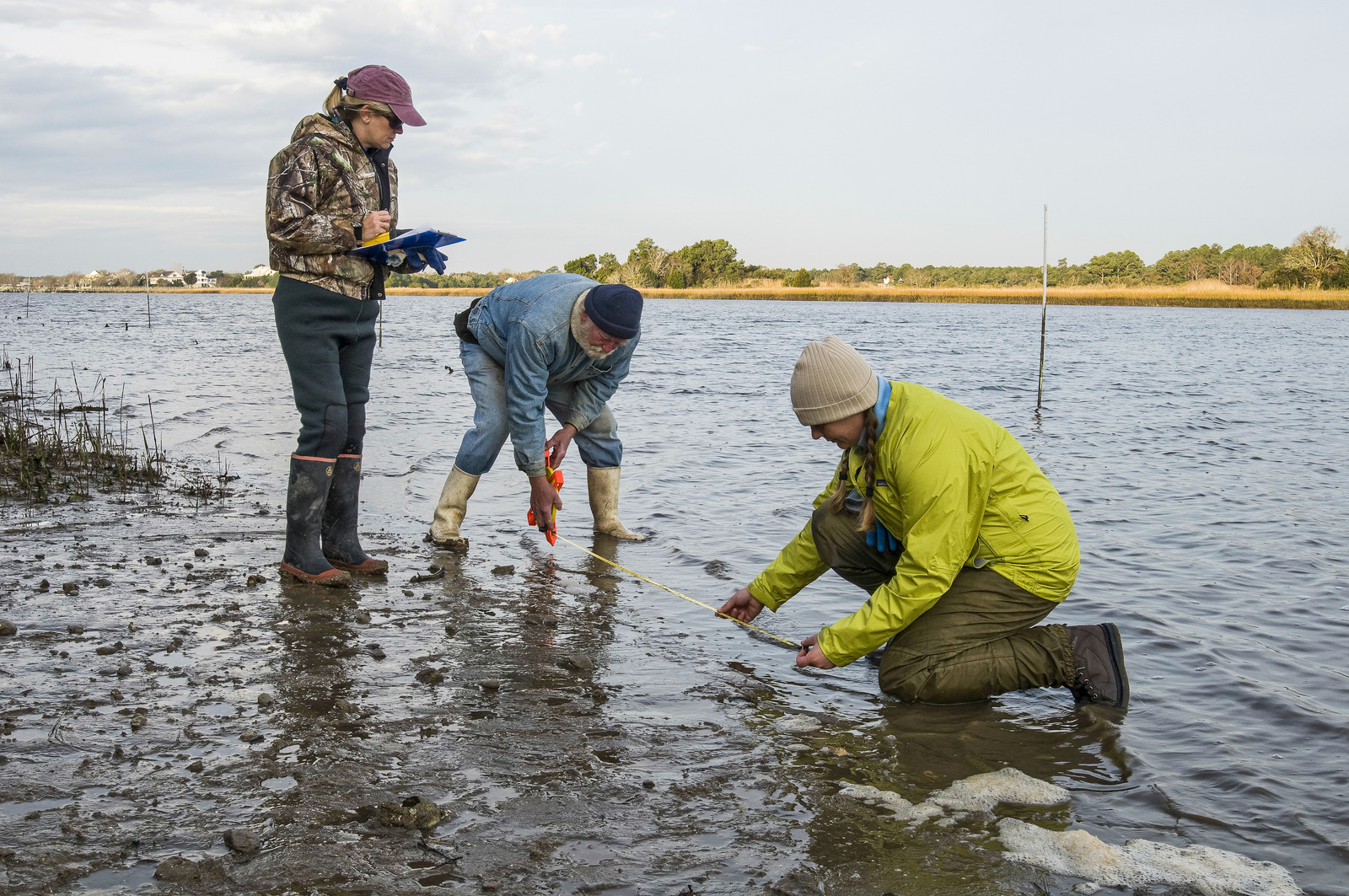
by Coastal Resilience | Jun 30, 2017 | South Carolina, Southeast Atlantic, Story
The Wildlife Conservation Society (WCS) Climate Adaptation Fund just released a new report, 14 Solutions to Problems Climate Change Poses for Conservation, which features six previously funded projects at TNC. Check it out for inspiration!






